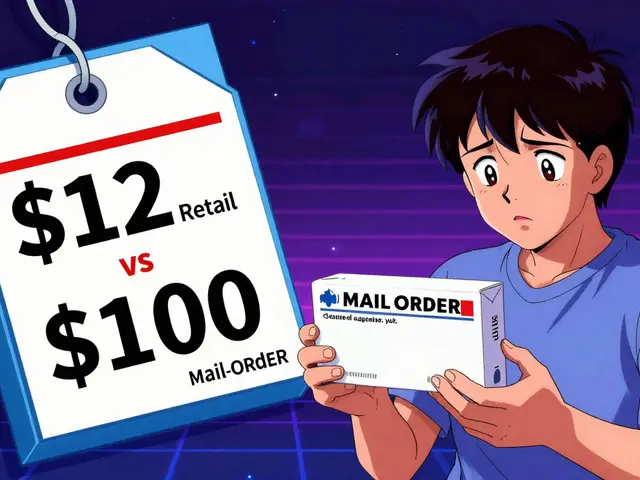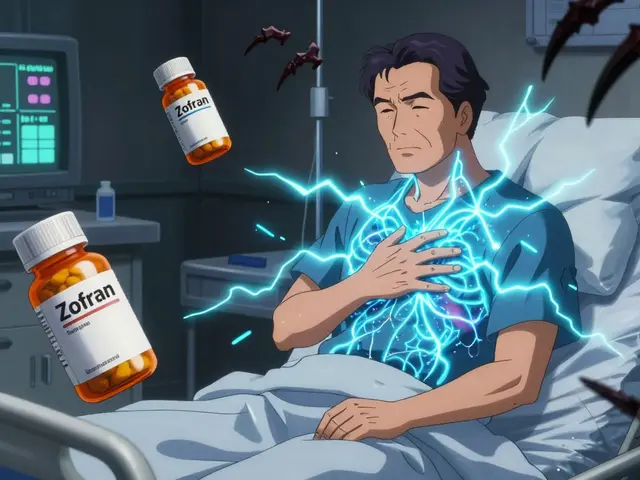Heart failure treatment: what helps and what you can do today
Heart failure care has improved a lot. It’s not just about taking one pill — a mix of medicines, simple daily habits, and the right follow-up can cut symptoms and keep you out of the hospital. Read on for clear, practical steps you can use or discuss with your doctor.
Medications that actually help
Doctors usually combine several drug types because each targets a different problem. Common groups are ACE inhibitors or ARBs (they lower strain on the heart), ARNI (sacubitril/valsartan — a newer, stronger option), beta-blockers (slow the heart and reduce long-term risk), mineralocorticoid receptor antagonists like spironolactone, and SGLT2 inhibitors (dapagliflozin or empagliflozin) which help heart and kidneys. Diuretics — furosemide or torsemide — relieve fluid overload so you breathe easier and your legs stop swelling.
Doctors usually start low and increase doses slowly while watching blood pressure, kidney tests, and potassium. If a medicine causes dizziness, extreme tiredness, or kidney changes, tell your clinician — often the dose can be adjusted instead of stopping treatment.
Daily habits, monitoring, and quick safety tips
Do a few simple things every day and you’ll spot trouble early. Weigh yourself each morning after using the bathroom and before breakfast. A jump of 2–3 pounds in 24 hours or 5 pounds in a week often means fluid is building up. Track swelling, shortness of breath, and how far you can walk. Cut back on salt — aim to limit processed foods and salty snacks. Keep to fluid limits if your doctor recommends them.
Stay active within your limits. Short, regular walks help muscles and mood. Keep vaccines up to date — flu and pneumonia shots lower the chance that an infection will trigger a flare-up. If you smoke, get help to quit; if you drink heavily, cut down — both make heart failure worse.
Some people with heart failure need devices: a pacemaker with cardiac resynchronization therapy (CRT) or an implantable cardioverter-defibrillator (ICD) can reduce symptoms and sudden death risk. In advanced cases, referral to a heart failure specialist or transplant team can be lifesaving.
Thinking about buying meds online? Be careful. Only use pharmacies that require a prescription, show a physical address, and have clear contact info. Our site has guides on safe online pharmacies and drug choices so you don’t end up with fake or dangerous drugs.
Call your doctor or go to the ER if you suddenly get severe shortness of breath, chest pain, fainting, or a fast weight gain with swelling. For routine changes — more swelling, slow worsening breathlessness, or side effects — contact your clinic early. Small adjustments now usually prevent bigger problems later.
If you want to read deeper, check articles on diuretic choices and alternatives to common heart meds. Those pieces explain pros and cons of drugs like torsemide vs furosemide and options if a beta-blocker isn't right for you. Use that info when you talk with your clinician — it helps make care personal and practical.





